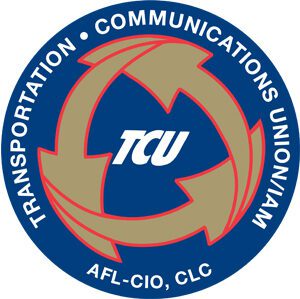PEB 248 is now working on its Report after hearing testimony on the New Jersey Transit contract dispute from union and company witnesses at a four day hearing held July 27 through July 30 in Newark, New Jersey.
The three member panel of arbitrators – Chairman Elizabeth Wesman, Barbara Deinhardt, and Ann Kenis – will issue their non-binding recommendations on August 14.
Union Coalition witnesses presented a strong case as to why their proposal for a contract patterned after the Metro-North and Long Island Rail Road settlements was fair and reasonable.
New Jersey Transit witnesses, including Executive Director Ronnie Hakim, argued that NJT could not afford the union’s proposal. Instead, NJT proposed draconian increases in employee health insurance contributions, a wholly new health plan with far lower benefits that would be mandatory for new hires, the elimination of employee passes, and meager wage increases that would be virtually wiped out by the new high contributions.
Specifically, the Union Coalition proposed a six year contract with 17% in total wages, averaging 2.9% compounded each year. The Coalition proposed that health insurance contributions mirror what was agreed to on Metro-North and Long Island: 2% of an employee’s weekly straight time earnings. The Coalition also proposed certification pay for employees working Conductor positions, and automatic upward adjustment of supplemental sickness rates tied to wage increases.
NJT, by contrast, proposed a 7-1/2 year contract with 10.9% in wage increases, plus a $1,000 lump sum. Health insurance contributions would reach 20% of the premium cost by the end of the contract, which for families in the PPO plan would be estimated to be almost $600 per month.
Union witnesses testified that the company proposals were out of line with every other commuter settlement, and utterly unreasonable.
Union economist Tom Roth demonstrated that under the company proposed health care contributions, fully one third of the workforce would suffer pay cuts over the life of the contract.
After the PEB issues its recommendations, the Coalition and NJT will return to the bargaining table. If no agreement can be reached, either side or the Governor can invoke a second Presidential Emergency Board by November 12.
Spokespersons for the Coalition released the following statement after the PEB hearings: “All eleven unions presented a united, powerful case that our proposal for a contract settlement patterned after other regional commuter settlements was the fairest way to a settlement. We believe we presented our case in a thorough, professional manner, and, that in the end, justice will prevail.”
Click here to view this as a flyer from the rail labor coalition.

